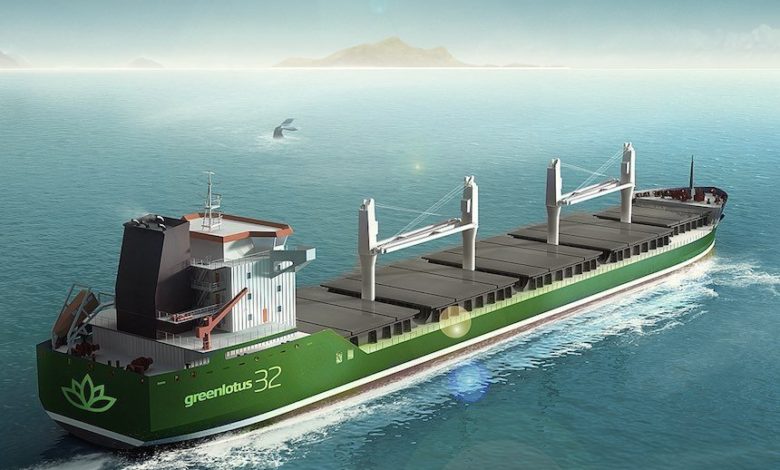Call for IMO to tighten design efficiency standards

Brussels: A new CE Delft study claims that many recently constructed ships already meet the International Maritime Organisation’s design efficiency standard for 2020, indicating that there is significant room for tightening these standards when the IMO meets next week.
The study, commissioned by Brussels based NGOs Seas at Risk and Transport & Environment, calculated the Estimated Index Values (EIVs) of new ships built between 2009 and 2014 and concluded that the majority of container and general cargo ships built in recent years already meet the IMO’s Energy Efficiency Design Index (EEDI) standards set for 2020.
While there was a small improvement in the design efficiency of new ships between 2009 and 2012, this changed significantly in 2013 and 2014.
Of the ships in the study that were built in 2014 some 34% of containerships and 43% of general cargo ships also met the EEDI target for 2030.
The study identified a large variation in the EIV of ships of similar type and size, indicating that large additional fuel savings and associated reductions in CO2 emissions would be possible if all ships were built to the best available designs and technologies.
The IMO’s Marine Environment Protection Committee (MEPC) will hold its 68th session in London from 11-15 May, and will be reviewing the suitability of existing EEDI targets.
A recent study for Seas At Risk and Transport & Environment claims that recent ship designs are, on average, less efficient than those from 1990. This second study shows that much greater efficiencies can be delivered quickly if EEDI targets better reflect best available designs and technologies.
Bill Hemmings, shipping programme manager with Transport and Environment commented: “Along with the earlier study of historical design efficiency trends, this latest work only confirms that the EEDI targets need substantial revision. The current standards fail to reflect best practice or the pace with which improvements in efficiency can be brought about.”
John Maggs, senior policy advisor with Seas At Risk and president of the Clean Shipping Coalition said: “Shipping is a significant and growing contributor to global greenhouse gas emissions. If the IMO’s Energy Efficiency Design Index is to be fit for purpose, new reduction targets must be agreed that take account of what ‘best in class’ designs can already achieve.”
